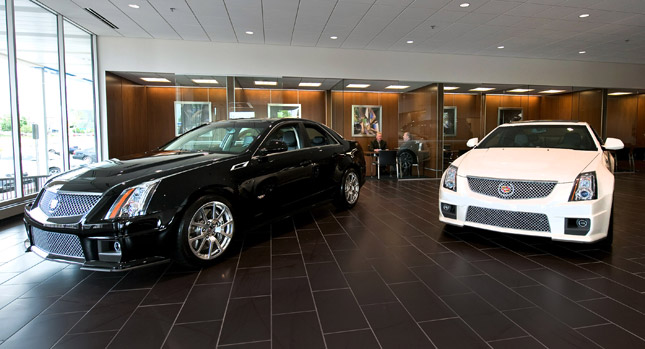This past January, Norman Braman, a billionaire owner of auto dealerships, filed a lawsuit against General Motors at the Miami-Dade County Circuit Court. Brenan accused GM of ‘two-tier pricing’ in implementing its Essential Brands Elements program.
According to a report from Automotive News, on March 6, Braman’s attorneys modified the lawsuit, claiming that GM has violated not only Florida law when it stopped paying incentives at his Miami Cadillac dealerships, but also the federal Robinson-Patman Act.
“Are we back to the old philosophy ‘if it’s good for General Motors, it’s good for the country?” asked Braman. “That philosophy died a long time ago. This whole situation has just reached a point where dealers have to do something about it,” he added.
Brenan, for his part, believes that GM is “waging war” on him and other dealers who did not participate in the dealership renovation program.
The outcome of this case may, however, set a precedent and thus cause repercussions across the entire U.S. automotive industry.
General counsel for Braman Management, Stanley Krieger, said that GM, despite having made payments in 2010, halted all Essential Brand Elements payments entirely in 2011, declaring Braman Cadillac out of compliance with the program.
That is because, while Braman implemented most changes that GM requested, he refused to cover his showroom’s exterior walls with limestone. This material was too heavy for the building’s structure and Braman proposed a synthetic limestone as an alternative, which GM did not accept.
Krieger said that the dealership lost more than US$400,000 in incentive payments, which with 678 vehicles sold in 2011, accounted for an average incentive of US$700 per vehicle.
A 2009 Florida law says that manufacturers still have to pay a “reasonable” portion of an incentive to dealers if they satisfy other elements of the program, even if they refuse to implement all of its parts.
In December 2011, GM North America Mark Reuss had said about the Florida law: “It’s not what we’re going to do. It’s up to us and the dealer body to get those agreements in place.”
The court will now have to decide what “reasonable” portion means: 80 percent, as dealers claim, or 20 percent, the sum that GM was willing to pay Brenan?
A GM spokesman declined to comment on the lawsuit, citing company policy.




